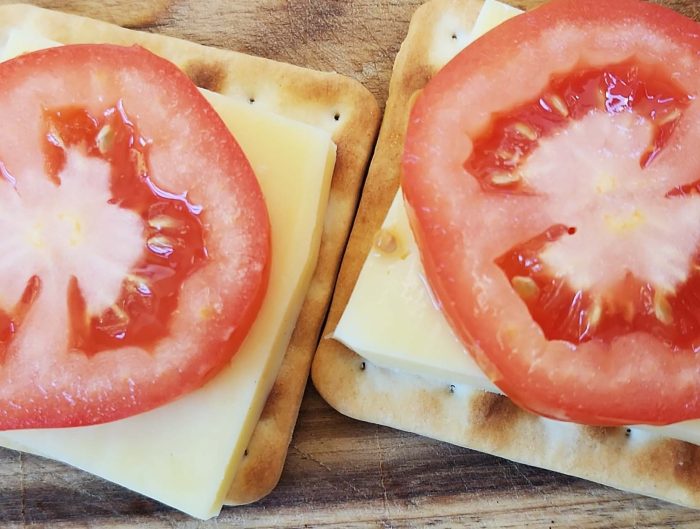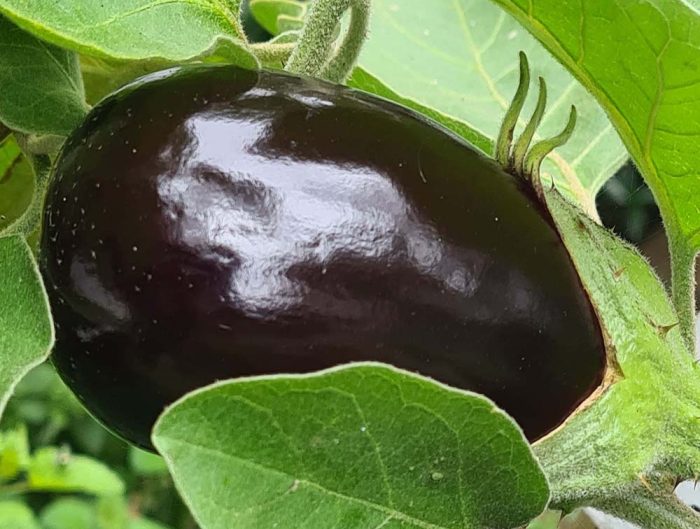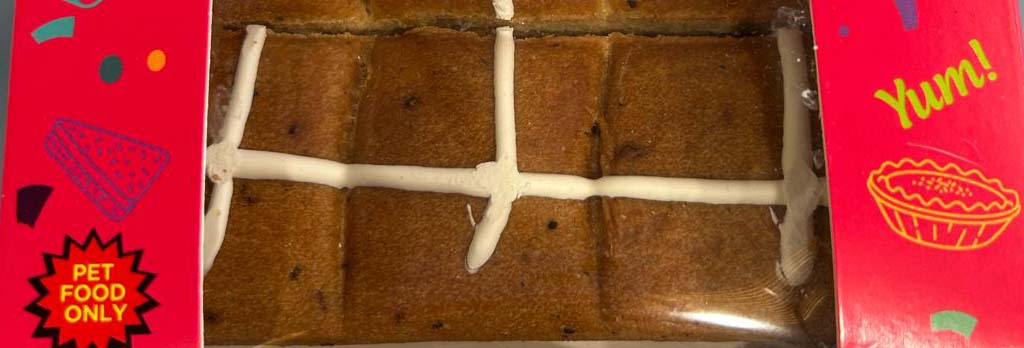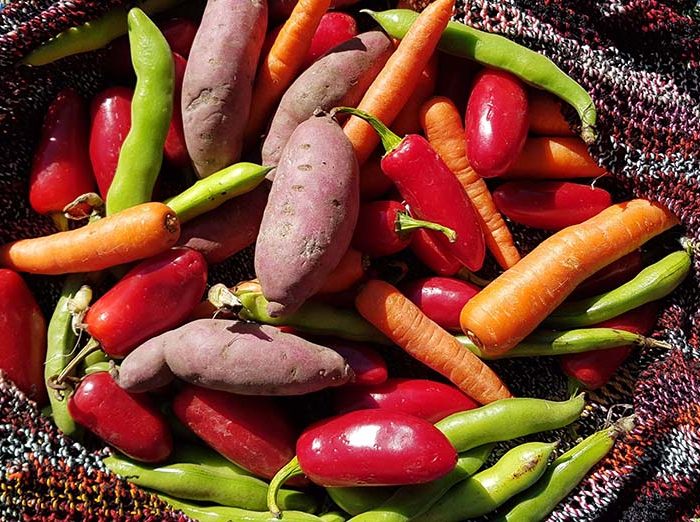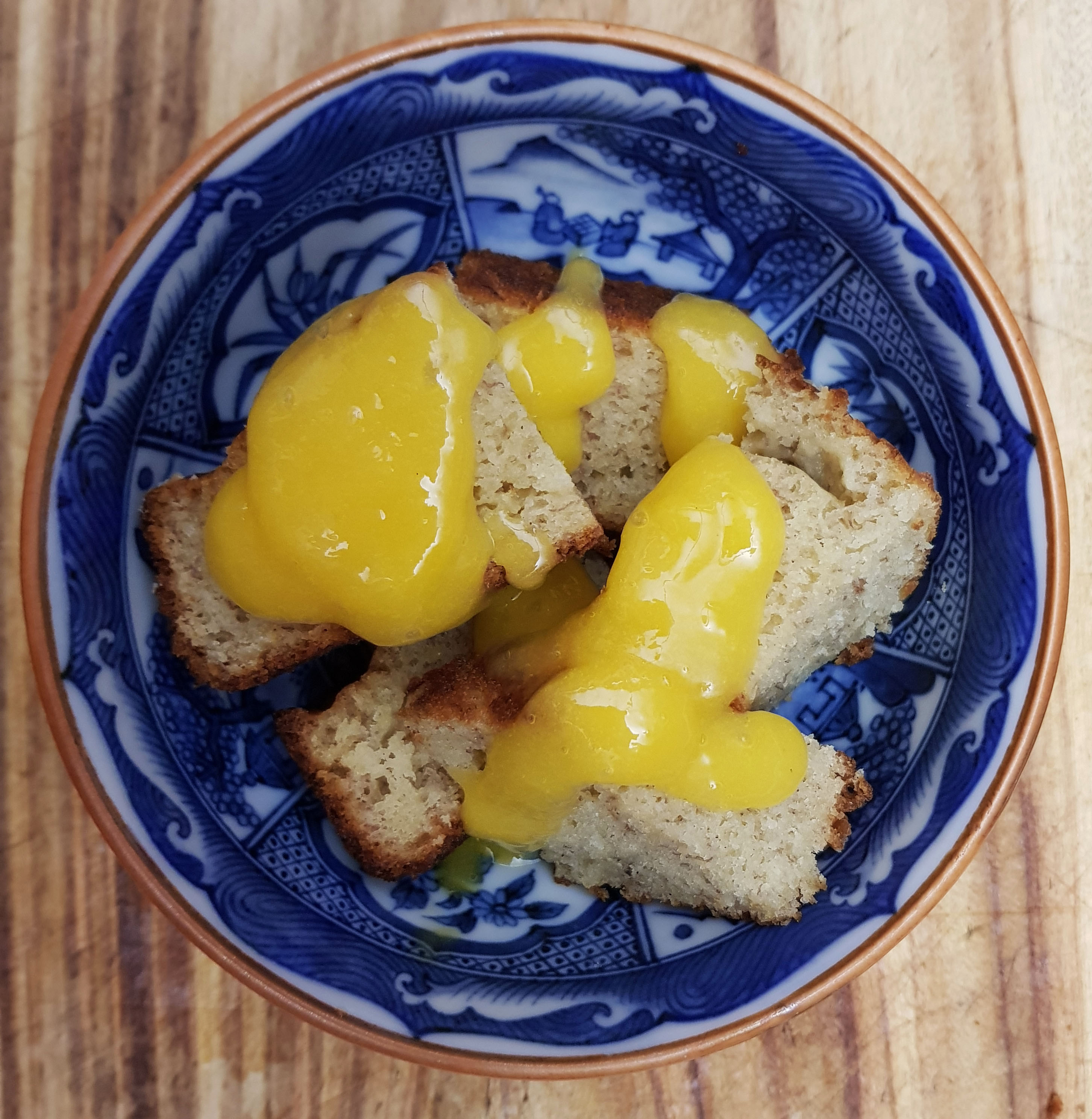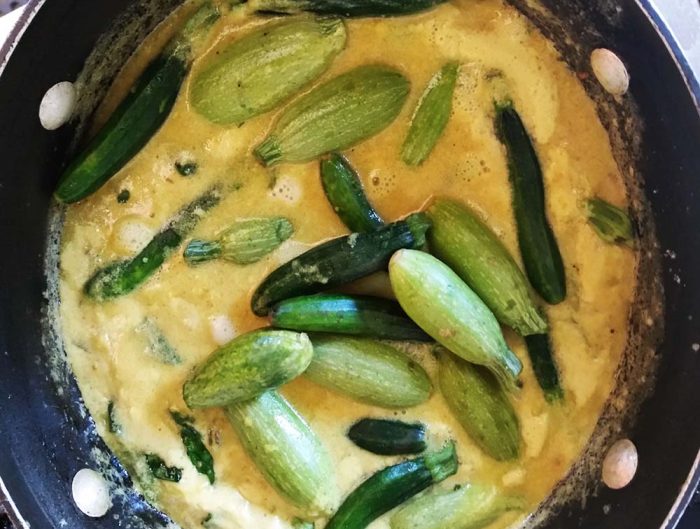4 April 2024Lately I have become interested in how recipes published in cookery print media - columns and feature articles in newspapers and magazines, cookery books – shaped Australians’ understanding …


No Comment
Diggings 15 April 2024
15 April 2024
This loophole in your food delivery app may be a hazard to your healthIn November 2022, it was recognised by all states and territories that a national approach to menu …
What was your favourite treat as a kid?
9 April 2024
April 2024That’s the question I put to my Facebook followers. The range of the 67 responses was fascinating, with more response in areas I was not expecting at all and …
Paul van Reyk March 2024One of the unexplored areas of Australian culinary history is the place of colonial nurserymen (and the documentary evidence is that they were all men) in …
SAOs: The ways of an iconic Australian biscuit
31 March 2024
2024My first encounter with a SAO biscuit was soon after arriving in Australia in the early 1960’s. I had never seen or eaten a biscuit like it. A bubbled surface, …
A National Dish?
25 March 2024
March 2024What would you say was the Australian National Dish? Posing the question and asking for nominations is sort of going where angels fear to tread. But that’s what I …
Paul van ReykThe Aristologist: vol 14: p 9- 35. Napier, New Zealand. 2023Recently my culinary curiosity has been circling around the story of the eggplant in Australia. The fat, glossy …
March 2024In 2008 I gave a paper to the 16th Symposium of Australian Gastronomy in the Hunter Valley. The theme of the paper was Australian songs about food and rivers. …
Of eggs and buns: Easter eating
7 March 2024
March 2024As we approach Easter I thought it would be of interest to gather from friends what they/their family have traditionally eaten over the Easter period - Holy Thursday through …
Diggings 4 March 2024
4 March 2024
Solving the supermarket: why Coles just hired US defence contractor PalantirWhat Palantir sells is fundamentally a way of seeing. Its dashboards promise a God’s eye view that can stretch across an entire organisation …
The culinary road to the first banana bread
2 March 2024
January 2024I made my first banana bread the other day, that traditional way to use up overripe bananas. I used a recipe from the 1950s and it turned out pretty …
February 2024For the last twenty years I have been a food historian/ food writer focusing on Australian cuisine. In the course of doing research for my book True to the …
Fair suck of the sav. Glimpses of the saveloy in Australia
5 February 2024
January 2024Before the frankfurter roll (1931), before the hotdog roll (1922), there was the saveloy roll (1911) a hot red sausage snuggling between the sides of a cloven bread roll …
Categories
Tags
ady aubergine australia australian brinjal cake carrot chili Chinese chutney codensed cookery diggings easter eggplant fish FLUMMERY guava hot cross bun JELLY kuruvita mango nursery nurserymen oil okra olve otama pie pineapple pork rabbit review river sandwich saveloy shepherd Solomon sour tamarind trope tuckshop vegemite vermicelli wiggles
Recent Posts
- Just adding curry powder does not a South Asian dish make: 50 years of the Australian Women’s Weekly’s culinary engagement with South Asian cuisines
- Diggings 15 April 2024
- What was your favourite treat as a kid?
- A Thousand Choice Fruit Trees to Dispose of: Nurserymen in the colonies 1804 – 1854
- SAOs: The ways of an iconic Australian biscuit
Archives
- April 2024
- March 2024
- February 2024
- January 2024
- December 2023
- November 2023
- October 2023
- September 2023
- August 2023
- July 2023
- June 2023
- April 2023
- March 2023
- August 2018
- July 2018
- June 2018
- May 2018
- April 2018
- March 2018
- February 2018
- January 2018
- December 2017
- November 2017
- October 2017
- September 2017
- August 2017
- July 2017
- June 2017
- May 2017
- January 2017
